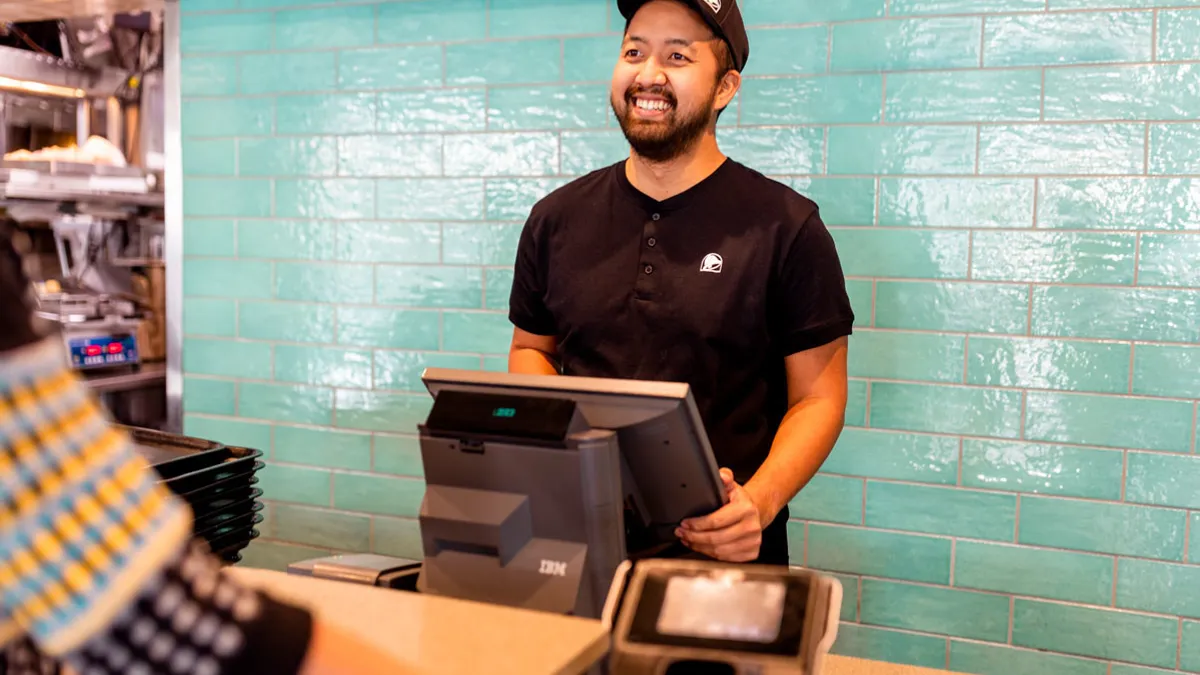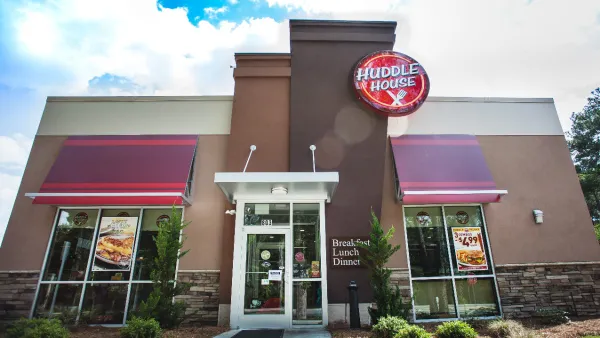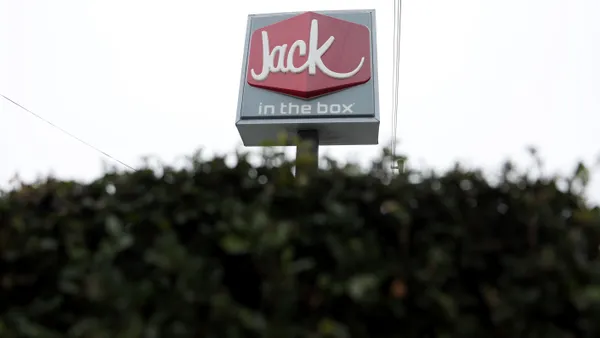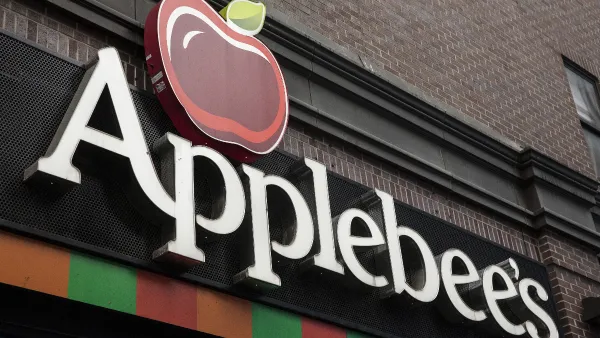Dive Brief:
- Taco Bell plans to test a $100,000 annual salary for restaurant managers at company-owned stores in select locations later this year, according to a press release.
- The chain is also introducing a program called "Makers" that will help employees who want to grow their leadership experience but don't want to become managers.
- As of Jan. 1, all nationwide company employees can be eligible for at least 24 hours of paid sick leave each calendar year.
Dive Insight:
While there is much focus on the overall labor shortage, QSRs are particularly concerned about retention of general managers as of late, especially as the labor market continues to tighten. Taco Bell is just one of several other fast food chains focusing on general manager retention as well, with Shake Shack offering equity awards of $10,000 and testing a four-day workweek for its general managers last year.
Over the last few years, Taco Bell has tried to solve its turnover problems. In 2012, the chain discovered regional general manager turnover related to poor store performance as part of a study into why turnover rates were starting to rise. Additionally, the company found that turnover jumped when engagement scores fell, when stress increased and there was inadequate training.
Taco Bell's average salaries for general managers at its company-owned locations range from $50,000 to $80,000, according to a Taco Bell spokesperson, so a jump to $100,000 is fairly significant and higher than the average. Job postings on Simply Hired show restaurant manager salaries across the industry ranging from $37,000 to over $90,000 depending on location and type of restaurant. Pizza Hut has an opening for a general manager in Iowa and is offering salary up to $42,000, for example.
While increasing salaries will help with retention, it also increases overall labor costs, which have been rising at Taco Bell, according to the company's Q3 2019 earnings filing. Taco Bell is in the unique position of also having continual same-store growth, so the labor cost hit has not been as disruptive as it has for other brands. The impact also will likely be minimal since Taco Bell owns only 7% of its 7,191 units as of Sept. 30, 2019.
In addition to improving retention, the company has found new ways to attract prospective employees. In April 2019, the company hosted 600 "hiring parties" ahead of the summer season to better entice job candidates. It also offers educational scholarships and plans to award $6 million Live Más Scholarships to fans and team members this year, according to the press release.
The addition of paid sick leave, combined with a leadership program and educational scholarships will help with retention for store employees. These benefits also line up with other QSRs that offer similar benefits, including Chipotle and Starbucks, both of which have expanded their benefits overall within the last 18 months. As more fast food chains boost their benefits, it's likely that others will follow suit to remain competitive.














